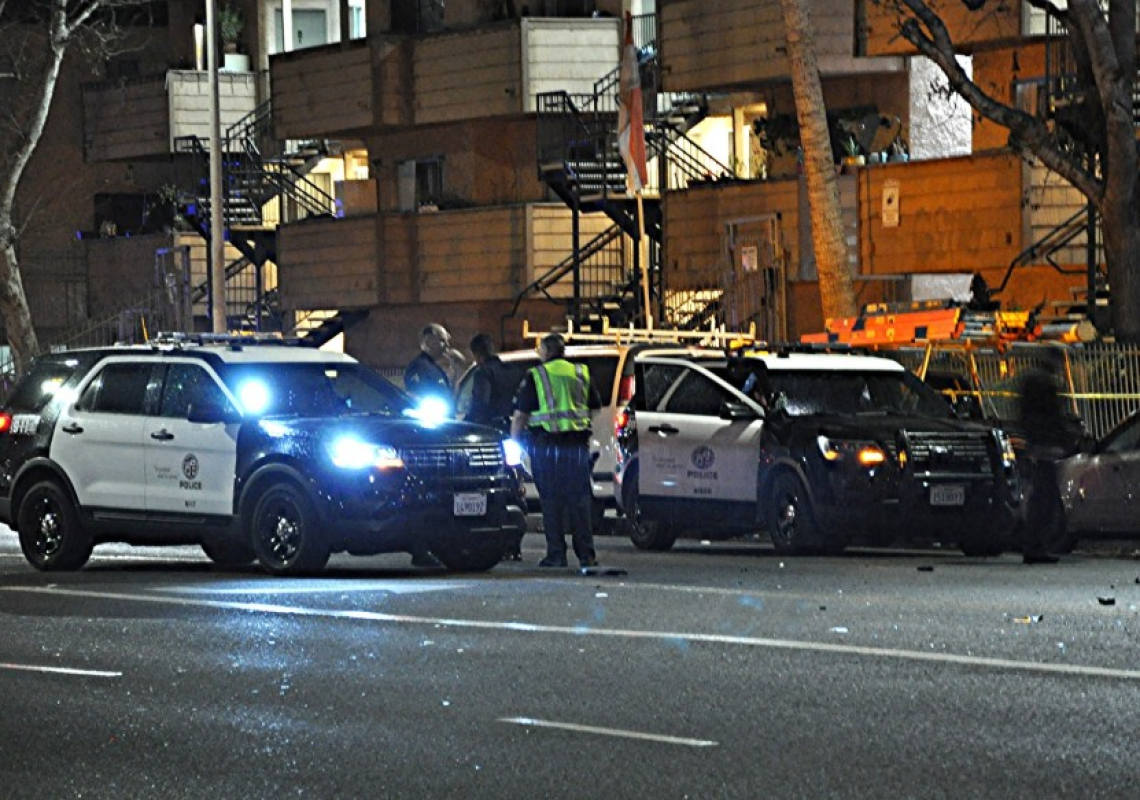Trending:
In a decision that could break a legal stalemate throughout California, appellate justices have ruled that DUIs do not qualify under a new law allowing judges to grant diversion to misdemeanor defendants.
The binding, precedent-setting decision Tuesday by a panel of the Fourth District Court of Appeal could settle what has been described as a “wildfire” of debate over contradictory DUI laws.
The most recent statute, which became effective last January under Assembly Bill 3234, gave judges the discretion to grant diversion for misdemeanors over the objection of prosecutors. Once the conditions of the diversion were met, the judge could wipe the violation from the offender’s record. Defense attorneys began claiming the new Penal Code law by Assemblyman Phil Ting, D-San Francisco, could be used for first-time misdemeanor DUIs in lieu of criminal penalties.
Prosecutors argued instead that an existing state Vehicle Code provision forbids diversion for driving under the influence of alcohol or drugs.
Riverside County defense attorney Lara Gressley took the debate in June to the state Supreme Court, which declined to consider the case. The ruling by the three-member appellate panel in Santa Ana is the first published opinion from a higher court. Unpublished opinions in other jurisdictions have been conflicting.
Gressley said Wednesday she believes the appellate court erred in its ruling by not considering the Legislature’s intent.
“The lawmakers knew DUIs would be eligible and they passed the law,” Gressley said. “They (appellate justices) are on shaky legal ground.”
Orange County Public Defender Martin Schwarz said his office would ask the state Supreme Court to reconsider hearing the issue.
“The court of appeal opinion makes it clear that they struggled with this issue, that this is a really close call and asks the Legislature to provide clarity,” Schwarz said.
Justices Kathleen O’Leary, Thomas Goethals and J. Marks concluded that it is not clear that the Legislature intended diversion for misdemeanor DUI defendants. They invited lawmakers to amend the law.
“We invite, indeed we implore, the Legislature to resolve yet another entirely avoidable diversion conundrum,” the justices wrote.
The case was brought to the appellate court by Nancy Grassi, a woman charged in 2019 with misdemeanor driving under the influence of drugs. She is represented by the Orange County Public Defender’s Office.
Orange County District Attorney Todd Spitzer, in a prepared statement, applauded the appeals court ruling Wednesday, Dec. 29.
“Prosecutors must be able to hold drunk and drugged drivers accountable — to prevent first-time offenders from becoming repeat offenders — and to be able to charge repeat offenders with murder if they get behind the wheel impaired and they kill someone,” Spitzer said.
Spitzer added that a driver’s DUI record should be kept intact.
“Once diversion is completed, it’s as if the crime never happened — and those prior convictions wash … they couldn’t be used as a prior — and the families whose lives were shattered by an impaired driver would not get the justice they deserve,” he said. “This opinion not only corrects the reckless and misguided behavior of the state Legislature and Governor Newsom, it will undoubtedly save innocent lives.”
Since Ting’s legislation became law, Superior Court judges have had the power to grant diversion in misdemeanor DUI cases largely based on the severity of the offense, such as the defendant’s blood-alcohol level, speed of travel, where the offense occurred and whether any property was damaged.
Under diversion, judges can halt criminal proceedings for up to 24 months to allow defendants to complete a program requiring them to, among other things, get counseling and/or attend AA meetings and to check in with the judge on their progress. Defendants who successfully complete the program can have their charges dismissed and their arrest record quashed.
When Newsom signed Ting’s bill into law on Sept. 30, 2020, he expressed concern about DUIs being among the eligible offenses.
“I am concerned that the crime of driving under the influence was not excluded from the misdemeanor diversion program. I will seek to expeditiously remedy this issue with the Legislature in the next legislative session,” he said at the time.
But the law has not been corrected by the Legislature.
Staff Writer Joe Nelson contributed to this report.
Get Morning Report and other email newsletters






